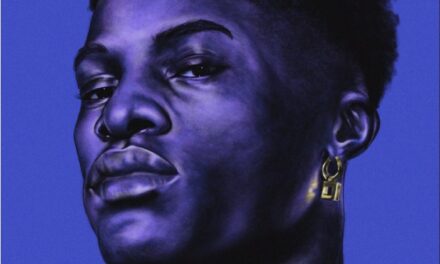Thursday, Aug. 28, was not just a night to be remembered throughout the world as marking the 45th anniversary of the illustrious “I have a Dream” speech; but rather, a night that commemorated that beloved speech with Senator Barack Obama, the first African American male to accept his nomination for presidential candidacy from Denver, Colorado. To enhance the student perspective of this election, the members of the Mu Omicron Chapter of Delta Sigma Theta were also in attendance.
Co-sponsored with the African American Cultural Center, “Living the Dream” was organized in hopes to join forces between the student body and the political movement that could change our futures indefinitely.
A sense of unison took over the multipurpose room as students from all walks of life joined hands and sang the Negro National Anthem, “Lift Every Voice and Sing.”
The program began with the introduction of the chapter members, followed by a short biographical presentation for both men of the hour, Dr. King and Senator Obama; this was done to better acquaint the audience with their pasts, goals and outlook of society through pinpointing activism by collectively challenging what was considered “freedom” or “equality” for all American citizens.
Equality has been at the forefront of each man’s campaign for “change.” Karen Roseboro, a junior in elementary education, split each table into groups and, then, led an icebreaker that implemented strong strategic planning, teamwork, and communication; all of which were prime examples of techniques practiced during both King and Obama’s rise as dominant political figures of their respective eras. Their platforms continue to serve as a guide to reinforce their stance against injustice, the promotion of equality and strong conviction for communal devotion.
Syreeta Hargrove, vice-president and a senior in communications-public relations, said, “We felt that Barack Obama accepting the Democratic Nomination exemplified Dr. King’s legacy and dream.”
The remainder of the program was centered on discussion questions that reflected their thoughts about Barack Obama and his positions on policy, equality and, mostly, how his candidacy has changed the American perception of a dominant African American possibly winning this election.
Antoinette Russell, a junior in communication-public relations, said, “Minorities will now be taken more seriously in the political arena.”
In turn, the chapter members asked questions in relation to Dr. King and Obama that pertained to their similarities and differences and just how important key elements are, because, inevitably, both raised awareness on some of the very same issues.




